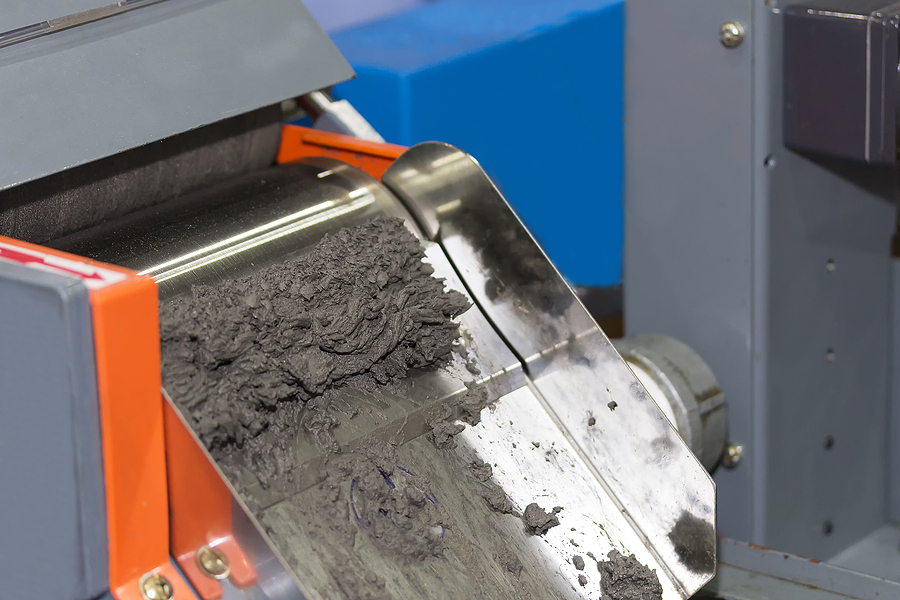Did you know that all metals are 100% recyclable? Everything from steel and iron, to aluminum, tin, copper, brass, nickel, and even precious metals like gold and silver, can be smelted down and repurposed into an infinite array of possibilities and applications. For this reason, it is vital to support and partake in the metal recycling industry. Continue reading to review some more facts about ferrous and non-ferrous metals, including why metal recycling is so important for our planet and for mankind.

Ferrous Metals
Ferrous metals are metals that contain iron. Ferric metals include wrought iron, cast iron, steel, mild steel, and stainless steel. Because ferrous metals and ferritic alloys have useful properties, like high tensile strength and durability, they are often used in the construction and building industries for everything from residential houses and inter-coastal roadways, to skyscrapers, bridges, air crafts, and more.
Ferrous metals are also applied in large-scale pipe works, automotive manufacturing, industrial containers, railroads, and more. Although strong and durable, ferrous metals are prone to corrosion due to the high amounts of carbon in them, with the exception of wrought iron which is too pure of iron to be vulnerable to oxidation, and stainless steel, which retains chromium to protect against rust.
Non-Ferrous Metals
Non-ferrous metals are metals that do not contain iron or carbon. The term ferrous translates to iron, so “non” ferrous literally means no iron. Non-ferrous metals are lighter and more malleable than ferrous metals. These qualities make them a common manufacturing material for industries that have weight restrictions, but require strength, such as aviation or food canning.
Non-ferrous metals also have a high resistance to rust and corrosion. As a result, nonferrous metal is widely used in the production of house gutters, road signs, roofs, piping, and more. Metals like copper, nickel, aluminum, brass, lead, tin, zinc, and more are all examples of nonferrous metals. Also, precious metals are iron-free, such as gold, chromium, tungsten, silver, zirconium, mercury, cobalt, bismuth, cadmium, beryllium, and more.
The Key to Deciphering Between Ferrous and Non-Ferrous Metal
Ferrous metals and alloys contain iron and carbon, which retain magnetic properties. Using a standard magnet, you can easily confirm whether or not your object of discussion is ferritic or not. If the magnet sticks, it is ferrous. But if the magnet does not stick, you can safely assume there is no iron content within.
Statistics and Facts About Metal
According to the American Iron and Steel Institute (AISI), the most recycled metal in the world is steel. In 2019, 32% of all steel produced around the world was produced from recycled metal.
The most commonly recycled metal container in the world is the aluminum can. Steel and iron are the most recycled metal in the world mostly because they are so easily repurposed.
The energy saved by recycling just one single soda can is equal to the energy needed to operate a 100 watt light bulb for 4 hours.
By recycling metal, we reduce mankind’s need to mine for new ores and refine metals. Mining and refining also cause massive amounts of air pollution, which is reduced by metal recycling enterprises. Furthermore, we can better preserve our Earth’s natural resources by mining less, and instead, repurposing scrap metal.
How to Recycle Scrap Metal in Indianapolis, Indiana
Call Zore’s Recycling at 317-244-0700 to recycle scrap steel, or any of the other metals we recycle in Indianapolis, and make some fast money at the same time. We are a professional Indianapolis scrap metal recycling center that accepts and recycles all metals in any condition. Best of all, we PAY CASH ON THE SPOT! Recycle all sorts of stuff, including sheet metal and beams, cars, boats, construction equipment, power tools, old electronics, and more! Request a free estimate, today.

